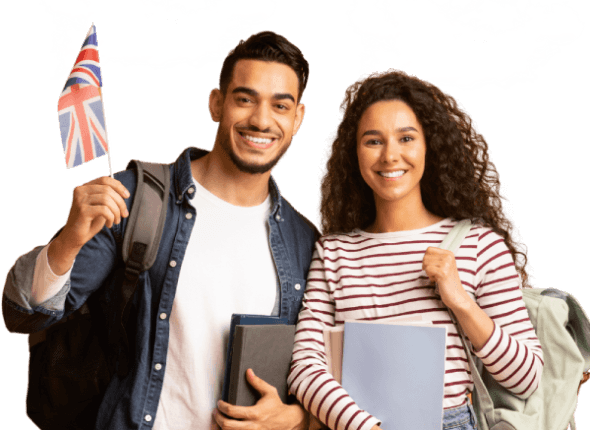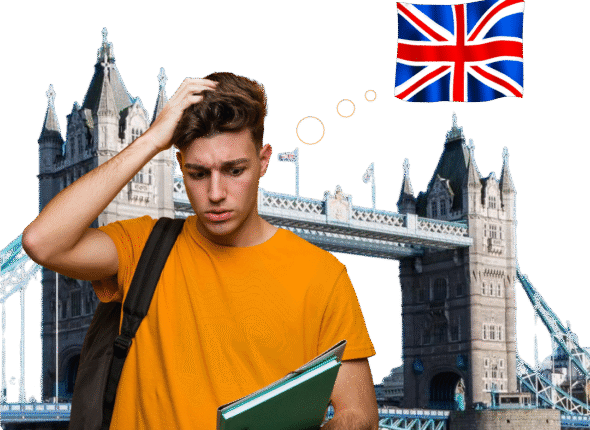Currently Empty: $0.00
Dream. Apply. Fly.
Study in USA From Pakistan
The United States is home to some of the most prestigious and innovative universities in the world, offering a unique blend of academic excellence, cutting-edge research, and global exposure. From Ivy League institutions to top-ranked public universities, students gain access to flexible study programs, practical learning environments, and state-of-the-art facilities. For Pakistani students, studying in the U.S. opens doors to a wide range of opportunities — whether it's pursuing high-demand fields like engineering, business, or health sciences, or engaging in internships and projects that build real-world skills. A U.S. degree not only carries international recognition but also positions graduates for long-term career success, both at home and abroad.
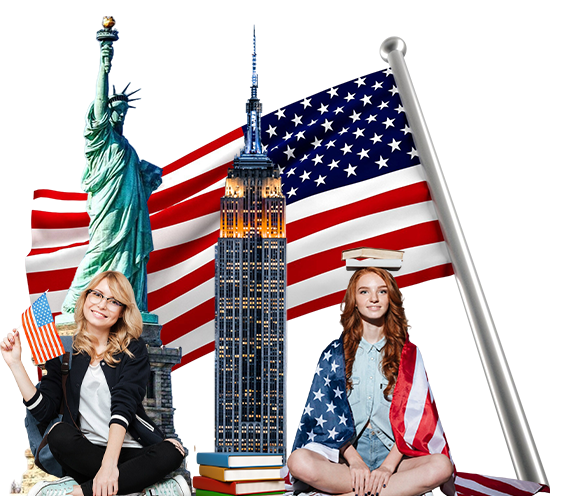
Need Advice?
APPLY NOW

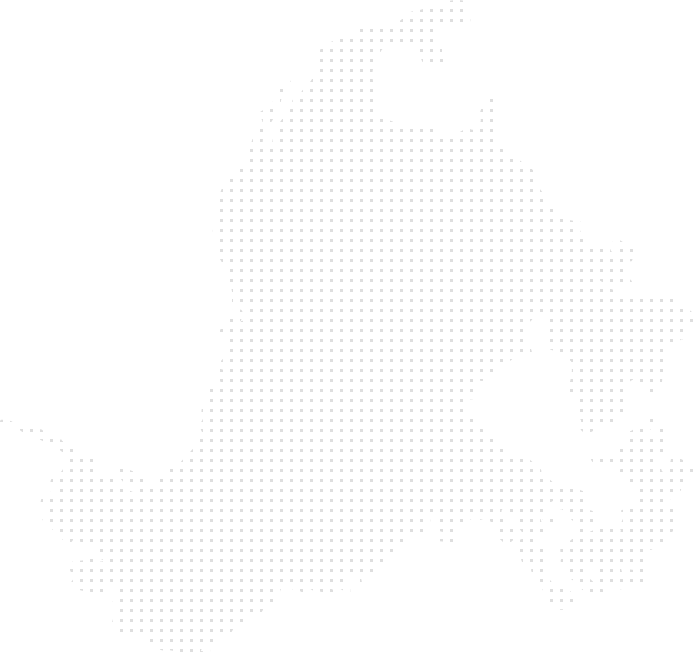

Explore Study Opportunities
Experience World Class Education
Top Ranked Universities Worldwide
Study at prestigious U.S. institutions consistently ranked among the world’s best for academics, research, and innovation.
Flexible & Practical Learning
Choose from diverse programs, benefit from interactive teaching methods, and gain hands-on experience through labs, projects, and internships.
Global Career Advantage
Earn a highly respected degree that boosts your employability and opens up career opportunities in the U.S., Pakistan, and beyond.
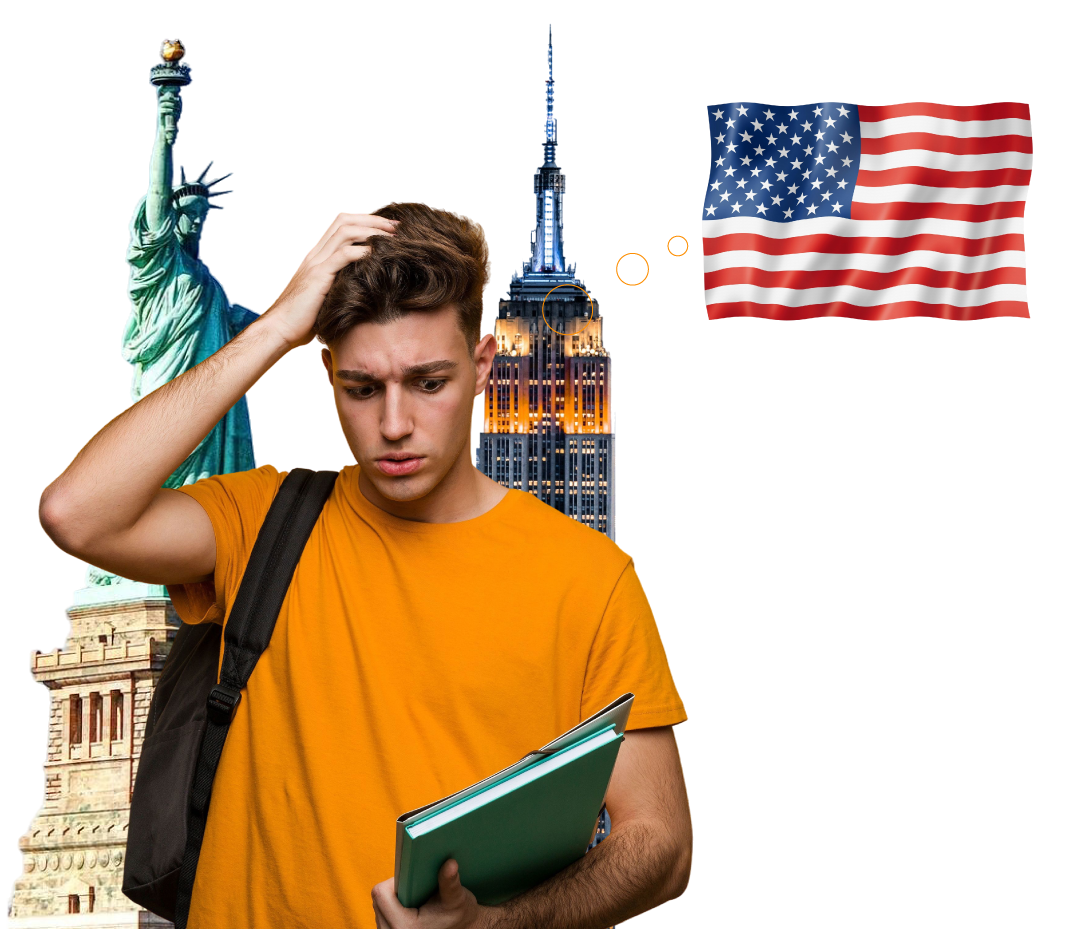
USA Study Benefits
Why Study in the USA?
The USA remains one of the most popular destinations for international students — and for good reason. It offers a world-class education system, home to thousands of accredited universities that promote critical thinking, innovation, and global leadership. Pakistani students benefit from flexible course structures, access to cutting-edge research, and a multicultural campus experience that encourages personal and professional growth.
Beyond academics, the U.S. provides unmatched post-study opportunities, including Optional Practical Training (OPT) and STEM extensions, which allow students to work and gain real-world experience. With strong support services, vibrant student life, and degrees that are respected worldwide, studying in the USA is an investment in a successful future.
Career Focused Programs
Targeted Programs for Pakistani Students
U.S. universities offer an extensive range of programs that align with both global market demands and the academic interests of Pakistani students. Fields like Engineering, Computer Science, and Business Administration remain top choices, offering practical knowledge, industry exposure, and strong career pathways. Health Sciences, Social Sciences, and Data Analytics are also gaining popularity due to their growing relevance in today’s job market. These programs emphasize innovation, real-world application, and research — preparing students not just for jobs, but for long-term success in competitive international environments.

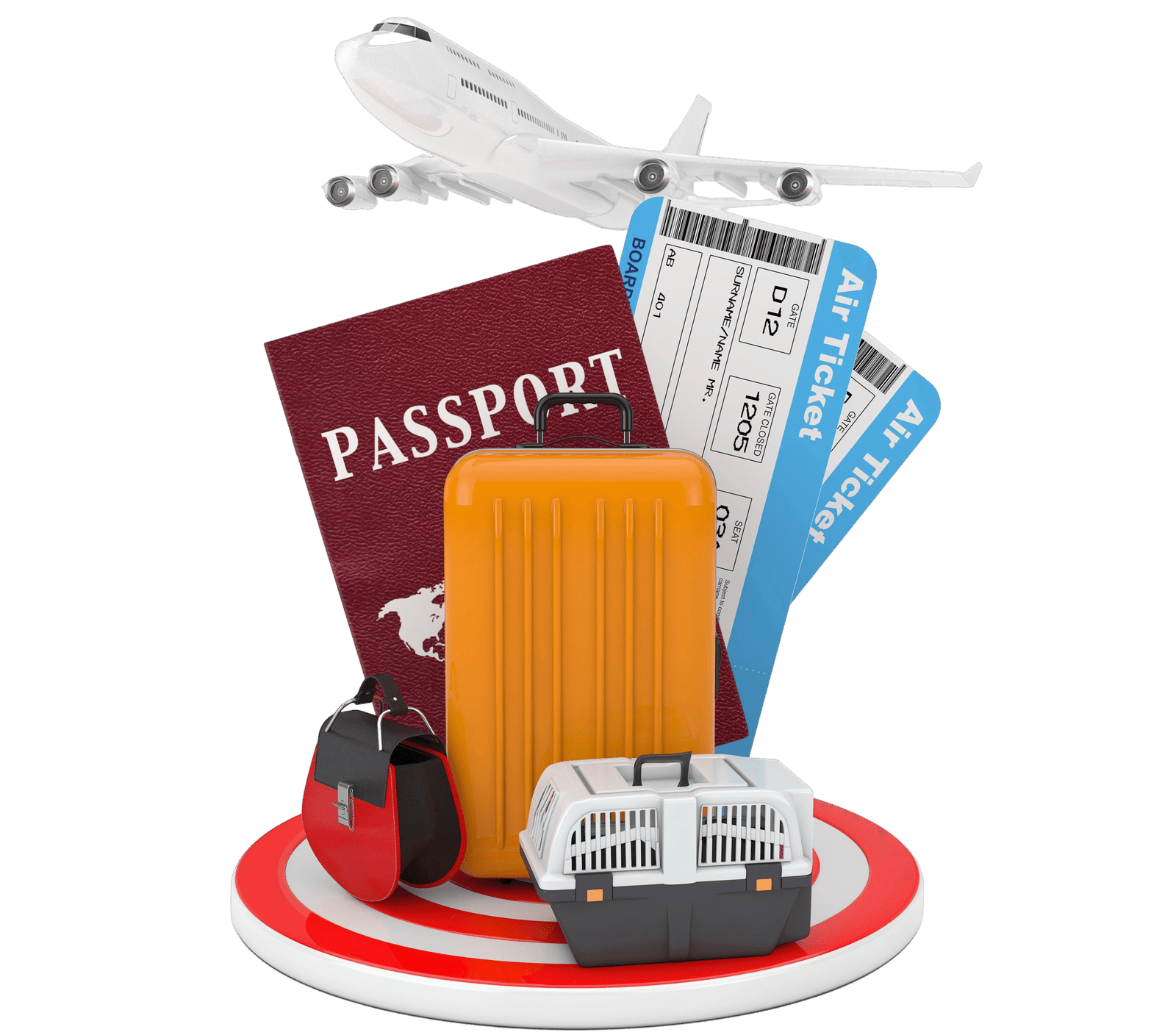
Your Visa Checklist
U.S. Student Visa (F‑1) Requirements
To study in the U.S., Pakistani students must apply for an F-1 visa after receiving an I-20 form from a SEVP-approved university. Required steps include paying the SEVIS fee, completing the DS-160 form, and scheduling an interview at the U.S. Embassy or Consulate in Islamabad, Lahore, or Karachi. Key documents include a valid passport, academic transcripts, proof of English proficiency (IELTS, TOEFL, or Duolingo), financial statements or sponsor affidavit, a tuberculosis test report (if applicable), and health insurance. Visa processing typically takes 3–5 weeks from the interview date.
Cost & Support
Tuition & Scholarships
The cost of studying in the U.S. includes tuition and living expenses, averaging between $35,000 and $70,000 annually depending on the university and location. However, many U.S. universities offer generous scholarships, including merit-based aid, teaching assistantships, and research funding. Pakistani students can also apply for prestigious programs like Fulbright, USEFP, MPOWER, and the Malala Yousafzai Scholarship Fund. To increase your chances, it’s important to apply early, maintain strong academic performance, and submit a compelling Statement of Purpose (SOP) with your application.
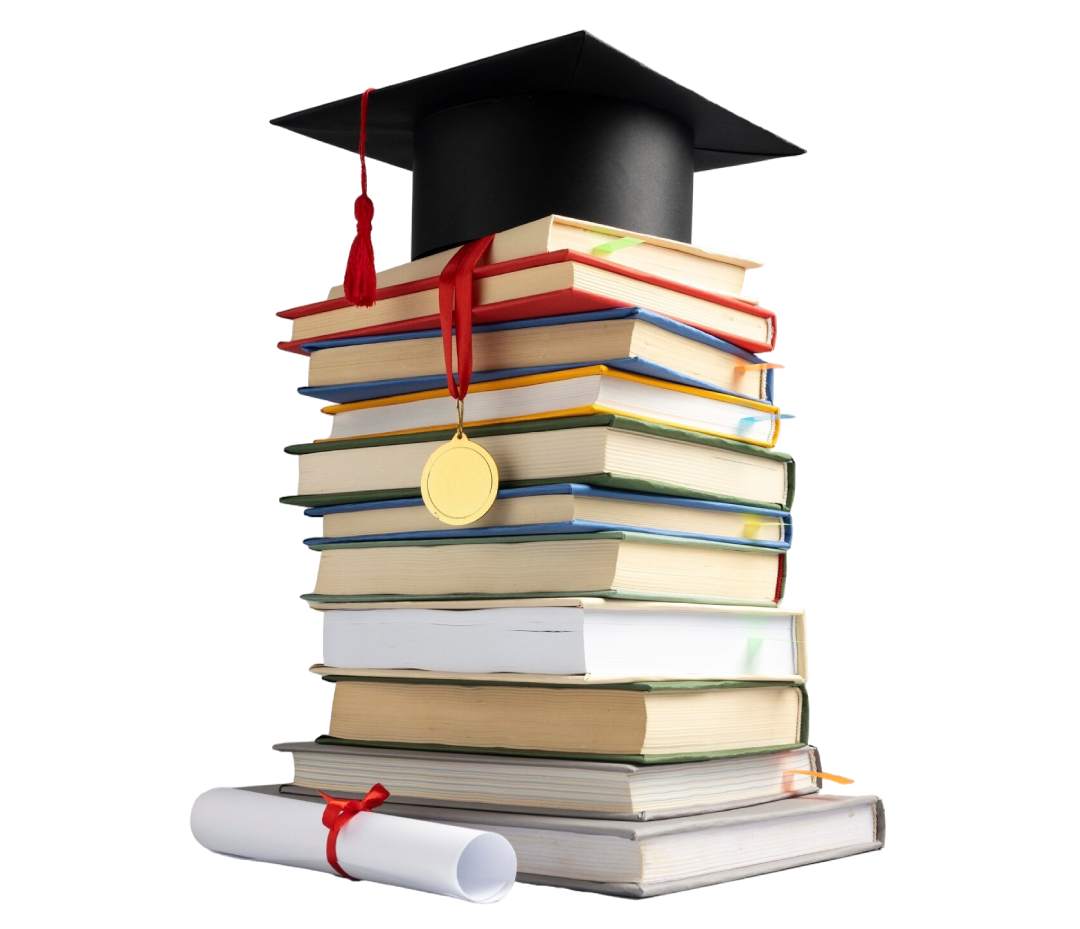
WHY HEALTHCOACH
Why People Need Healthier Lifestyle?
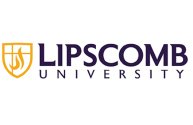
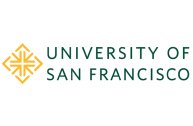
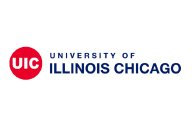
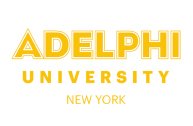
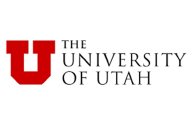
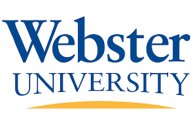
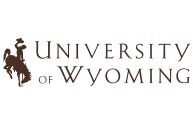

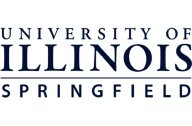
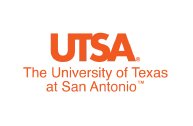
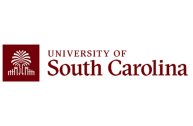
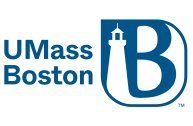
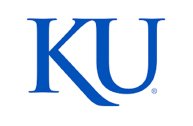
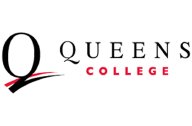
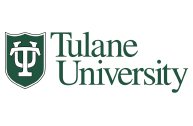
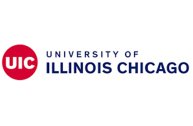
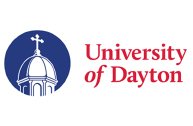
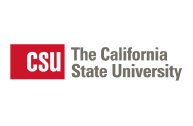
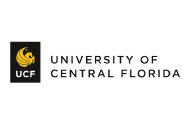
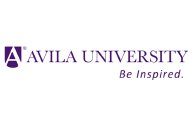
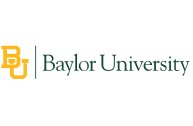
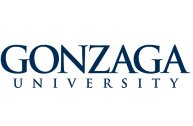
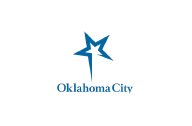
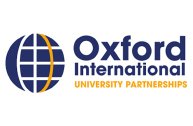
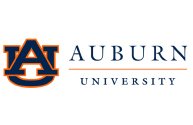
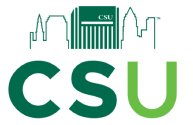
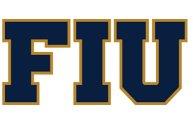
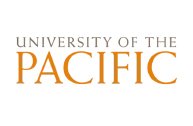
Post-Study OptionsPost-Study Work
Post-Study Work
OPT & STEM Extensions
The U.S. offers valuable post-study work opportunities through the Optional Practical Training (OPT) program, which allows international students to work for up to 12 months after graduation. Students who complete degrees in STEM fields (science, technology, engineering, and mathematics) are eligible for an additional 24-month extension, giving them up to 3 years of U.S. work experience. OPT not only enhances employability but also provides a pathway to long-term employment or skilled visa transitions, helping Pakistani graduates build a global career.


Student Living Guide
Accommodation Options
Students in the U.S. have access to a variety of accommodation options based on their budget, preferences, and lifestyle. On-campus dormitories are ideal for convenience and community, while off-campus apartments offer more independence. Homestays with American families provide cultural immersion and personal support. Rent prices vary by location, with major cities like New York or San Francisco being more expensive than smaller towns. Most housing requires advance deposits and monthly payments, and many universities offer support in helping students find safe, reliable living arrangements.
Skip the IELTSStudy in the USA
Study in the USA
Without IELTS
Many U.S. universities now offer flexible options for proving English proficiency, making it possible to study without IELTS. Pakistani students can apply using alternatives such as the Duolingo English Test, TOEFL, PTE, or a Medium of Instruction (MOI) certificate from previously English-taught institutions. Several universities also offer internal English assessments or waive language requirements based on academic performance. At Study Overseas Education, we help you identify institutions that match your profile and guide you through the language exemption process, ensuring a smooth and stress-free application journey.

FAQ’S
Frequently Asked Questions.
Q1: Can I work while studying in the U.S.?
Yes, international students on an F-1 visa can work up to 20 hours per week during academic sessions and full-time during official university breaks. Work is typically available on campus, including roles in libraries, cafeterias, or administrative departments. After completing one academic year, students may also apply for off-campus internships through CPT (Curricular Practical Training), offering valuable experience in their field of study.
Q2: How much does it cost to study in the USA?
The total cost varies by university and location but typically ranges from $35,000 to $70,000 per year, covering tuition, accommodation, meals, health insurance, and personal expenses. Cities like New York or Los Angeles are more expensive, while smaller towns are generally more affordable. Scholarships and part-time work can help offset some of these costs.
Q3: What is the F-1 student visa and how do I apply?
The F-1 visa is the primary visa for international students in the U.S. After receiving your I-20 form from a U.S. university, you pay the SEVIS fee, complete the DS-160 form, and schedule a visa interview. Required documents include your passport, financial proof, academic records, test scores (if required), and a clear study plan. The interview takes place at the U.S. Embassy or Consulate in your city.
Q4: Can I study in the USA without IELTS?
Yes, many universities now accept alternatives like the Duolingo English Test, TOEFL, or Medium of Instruction certificates from English-medium schools or colleges. Some universities also waive English requirements if your prior education was fully in English. Study Overseas Education helps match you with institutions that accept these alternatives.
Q5: Are scholarships available for Pakistani students?
Yes, numerous scholarships are available including Fulbright, USEFP, Global UGRAD, MPOWER, and university-specific awards. Some cover full tuition and living expenses, while others offer partial aid. Selection is based on academic performance, leadership potential, financial need, and personal statements. Applying early and preparing a strong SOP greatly improve your chances.
Q6: What is OPT and who qualifies for it?
OPT (Optional Practical Training) allows F-1 students to work in the U.S. for up to 12 months after graduation. Students in STEM fields (science, tech, engineering, math) may qualify for an additional 24-month extension, totaling 36 months. OPT provides practical work experience in your field of study and can be a stepping stone to long-term employment or an H-1B visa.
Q7: Can I bring my spouse or children with me?
Yes, students enrolled in full-time degree programs may bring dependents (spouse and children) on F-2 visas. F-2 visa holders cannot work but can attend school. You'll need to show additional financial support to cover their expenses, and they must apply for their own visas during your process.
Q8: What are the living arrangements like for students?
Students can choose between on-campus housing (dormitories), private apartments, shared rentals, or homestays. On-campus housing is often more structured and convenient, especially for new arrivals. Off-campus housing offers more freedom but may require a lease and utilities. Universities often provide housing assistance and resources for finding accommodation.
Q9: When should I start the application process?
It’s best to start 8–12 months before your intended intake (Fall or Spring). This gives you time for university applications, document collection, visa procedures, and financial planning. Applying early also increases your chances of receiving scholarships and getting preferred accommodation.
Q10: Why choose Study Overseas Education for U.S. admissions?
Study Overseas Education provides expert, personalized guidance for every step—from selecting the right universities and preparing documents to securing scholarships and acing the visa interview. With years of experience and a student-first approach, we make your journey to the USA smooth, transparent, and successful.

EVENTS & NEWS
Popular Events & News
Student Visa Requirements for USA, UK, Canada & Australia
Every country has its own student visa process. Here’s a breakdown of the basic requirements for four top study destinations:…
Best Student Cities in Australia with Affordable Living
Australia offers top-ranked universities, multicultural campuses, and vibrant cities. But which cities are budget-friendly and student-friendly? Here’s a quick list:…
How to Get Admission in Top Universities Abroad: Step-by-Step Guide
Studying at a top university abroad is a dream for many students—but turning that dream into reality takes planning, preparation,…
How to Get Admission in Top Universities Abroad: Step-by-Step Guide
Studying at a top university abroad is a dream for many students—but turning that dream into reality takes planning, preparation,…
Student Visa Requirements for USA, UK, Canada & Australia
Every country has its own student visa process. Here’s a breakdown of the basic requirements for four top study destinations:…
Best Student Cities in Australia with Affordable Living
Australia offers top-ranked universities, multicultural campuses, and vibrant cities. But which cities are budget-friendly and student-friendly? Here’s a quick list:…



